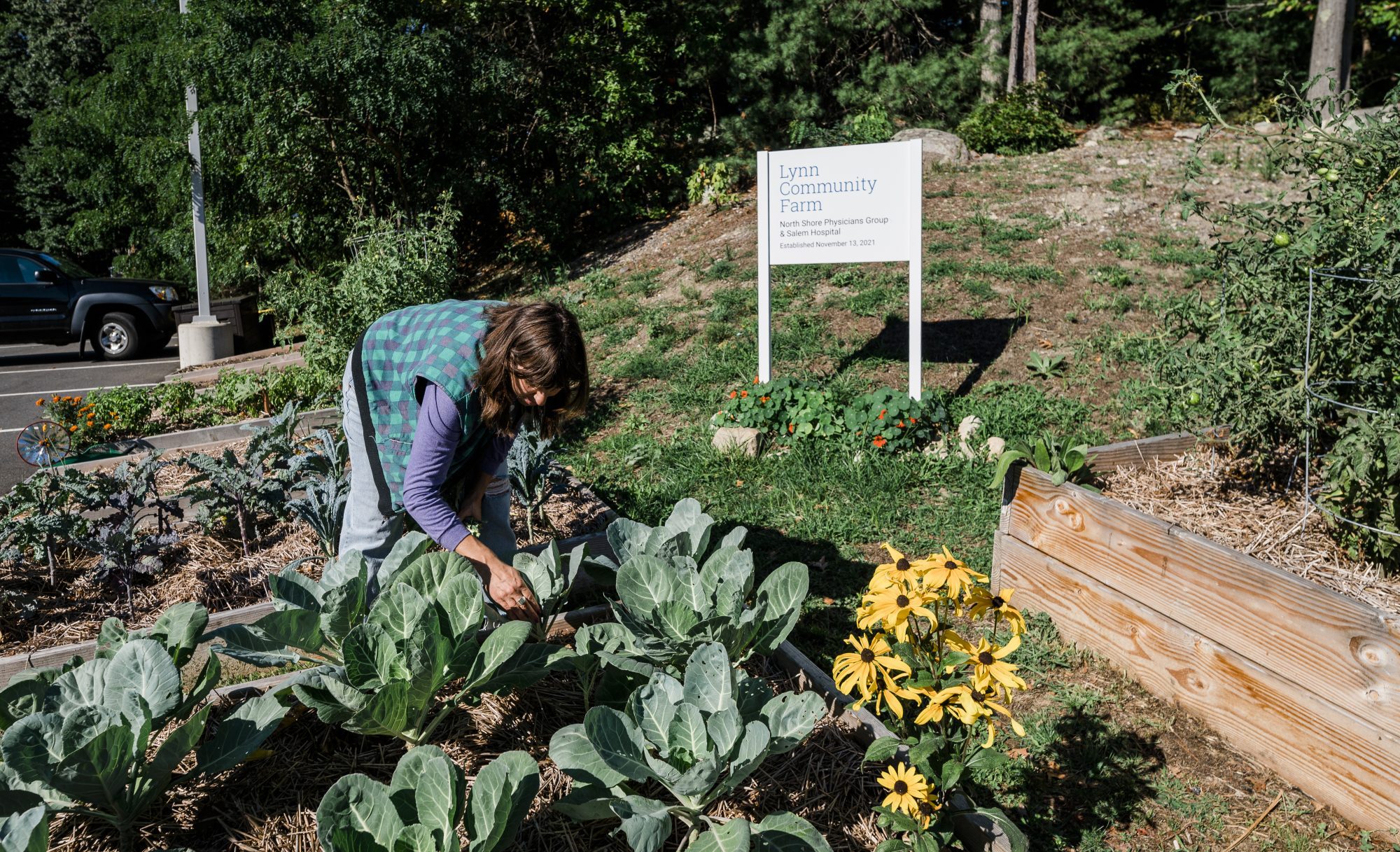It’s a staggering statistic: Americans throw away more food than any people in any other country in the world: A total 80 billion pounds of food discarded annually, according to the Recycle Track Systems website report, “Food Waste in America in 2023.”
How can so much food get thrown away when millions are starving around the world and U.S. landfills are bursting at the seams?
The answer encompasses the country’s agriculture and food distribution industries, food processing systems and millions of Americans’ kitchen habits.
We want to concentrate this editorial on one facet of the problem: Limitations on reusing food prepared in restaurants. Most diners know they can ask for a container to take home leftovers from a meal.
But what about food that doesn’t get served by restaurants at the end of the business day or food prepared for an event attended by large numbers of people?
What happens to the lasagna and meatballs left over from a retirement celebration or the uneaten food served at a wedding? You guessed it: It often gets thrown out when it could get donated to a homeless shelter or distributed to hunger prevention programs.
Among the many important problems we think the state Legislature should tackle, food waste ranks high on the list. Legislation clearing the way for leftover food and unpurchased grocery store products to get in the hands of financially and nutritionally-challenged Americans not only makes sense, it should be a societal imperative.
Local and state regulations preventing food from being discarded should be revamped or discarded.
Fortunately and not surprisingly, social media has found a way to combat food waste through food waste reduction apps. According to the website The Takeout, some apps help participating restaurants “offload whatever they didn’t sell during the day.”
Providing businesses and individuals with ways to keep food from restaurants to catering businesses to home pantries out of garbage pails and into the mouths of hungry people should be a legislative priority.
The corollary to this important initiative involves improving inexpensive options for people to recycle compostable food waste instead of shoving it down a disposal or tossing it into a garbage can.
Reducing food waste is a matter of life and death for people who go without enough to eat. Let’s push it to the top of the priority list.

